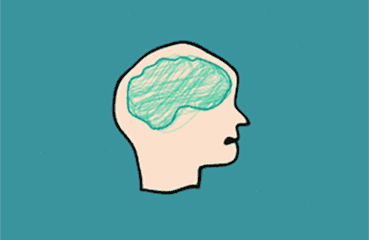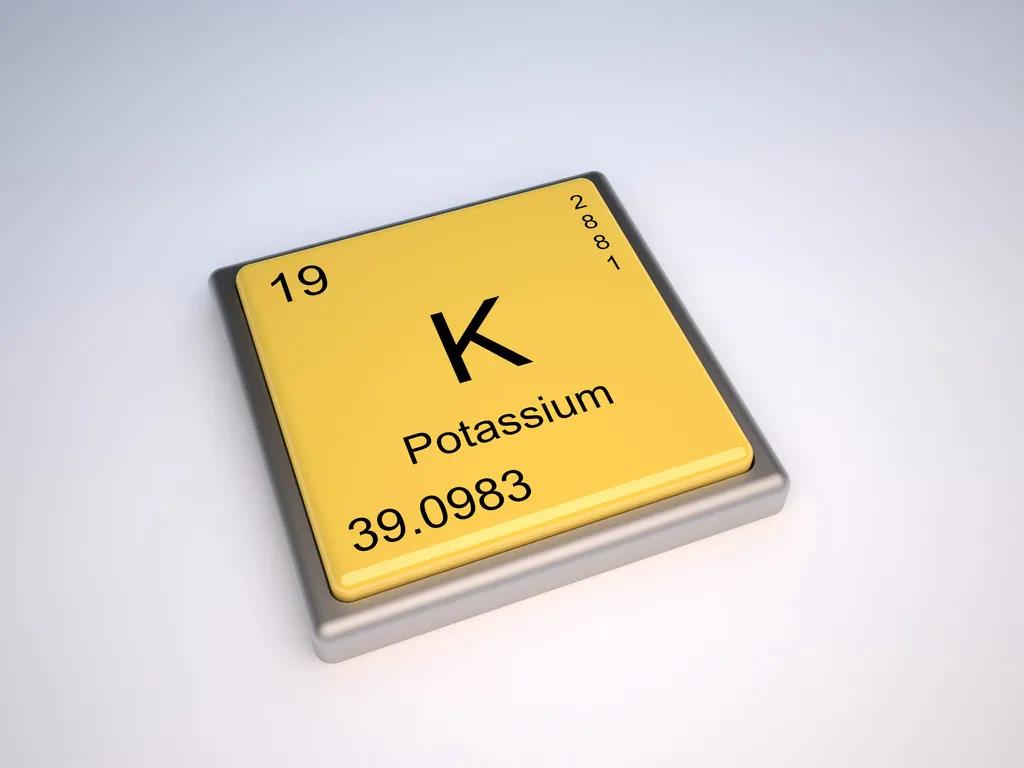
Have you ever been confused: you have had enough sleep and eaten, but why do you always feel tired, weak, and weak?

Decades ago, many rural areas had “soft diseases” that led to paralysis of adults. It was later confirmed that this disease was caused by a large amount of gossypol in cottonseed oil consumed by villagers for a long time, which caused gossypol poisoning. In turn, hypokalemia was caused, and soft paralysis appeared.
Potassium is the “gasoline” for physical and mental health. All cells and organs need potassium to maintain normal operation.
How important is potassium to the human body?
Physiological functions such as heartbeat, nerve-muscle activity, and breathing all require normal concentrations of potassium ions to maintain, 98% of which are in cells, and the normal serum potassium concentration is 3.5 to 5.5 millimoles/liter.
Once it is lower than 3.5 mmol/L, hypokalemia can be diagnosed. People will experience muscle weakness, relaxation, paralysis and other symptoms, and even respiratory muscle paralysis, which can be life-threatening in severe cases.
Potassium plays the following roles in the human body:
Maintain the body’s normal metabolism
The normal heart beat and muscle contraction depend on the synergistic effect of sodium and potassium. The metabolism of carbohydrates and protein also requires potassium.
Maintain electrolyte balance
Potassium is mainly found in the intracellular fluid and is very important for maintaining cell integrity and electrolyte balance.
When the blood potassium concentration is too high or too low, it will affect human health.

Help lower blood pressure
Potassium plays an important role in preventing chronic diseases such as high blood pressure, but only when high sodium intake (high-salt diet) causes high blood pressure, potassium will play a role in lowering blood pressure, because potassium can promote the excretion of sodium from the urine and inhibit the kidneys The hormone-angiotensin system reduces blood vessel pressure.
Patients with high blood pressure caused by non-high-sodium diets will not reduce their blood pressure due to potassium supplementation. For people whose blood pressure is normal, intake of potassium will not lower blood pressure.
People take potassium in three meals a day, so the potassium ion concentration in the body is always changing.
In order to maintain the stability of blood potassium, the kidney is like a “back valve”. When potassium intake is too much or the potassium in the cells overflows in a large amount, it will excrete the excess potassium through the urine; when the intake is insufficient, it will decrease The excretion of potassium.
5 signs that you are lacking in potassium
The body will remind you with some seemingly “small problems” symptoms, but in fact the potassium content in the body is insufficient.
fatigue
The most common symptoms of potassium deficiency are fatigue and weakness, which affect mental health, manifestations such as fatigue, weakness, confusion, confusion, and even depression or hallucinations.

Cramp
Potassium helps muscles and nerves communicate with each other and also helps muscles contract. A lack of potassium can cause cramps, muscle cramps, and pain.
Heart discomfort
There is a close relationship between potassium and heart function. Potassium deficiency can cause palpitations, irregular heartbeat, arrhythmia, dizziness and other symptoms. Adequate intake of potassium can combat high blood pressure caused by excessive intake of sodium.
Digestive disorders
Low potassium content can cause loss of appetite, nausea, and vomiting.
anxious
Potassium deficiency can cause neurological symptoms, such as irritability, fatigue, dizziness, and apathy.

The following types of people are more likely to suffer from potassium deficiency, and special attention should be paid to supplementation:
Patients with hypertension
Sodium is outside the cell, and potassium is inside the cell. The two work together to defend the balance of osmotic pressure, water, and pH inside and outside the body’s cells. As long as sufficient potassium is taken in, the excess sodium in the body can be replaced, thereby achieving blood pressure control purpose.
People who sweat a lot
Under normal circumstances, the percentage of potassium excreted by sweat is about 3%, but when you sweat a lot, the potassium excretion will increase significantly.
People with prolonged vomiting or diarrhea
Vomiting or diarrhea can cause a lot of dehydration in the body, cause electrolyte disturbances, and lead to a large loss of potassium.
People taking medicine
People who take diuretics and steroids are also prone to potassium deficiency.
Special reminder is that a large amount of potassium-containing drugs or oral potassium preparations can cause too much potassium in the body, which may cause heart block, slow heartbeat, and stop fluctuations in severe cases. When using the drug potassium during treatment, be sure to follow the doctor’s guidance.
Potassium supplement, make 5 details
The appropriate intake of potassium for healthy adults is 2000 mg per day; to prevent chronic diseases, the recommended intake of potassium is 3,600 mg/day.
However, the intake of most people is only 1421 mg/day, which is far below the recommended intake.

Potassium is relatively stable in nature, and it is not easy to lose from food. Eating more potassium-rich foods in the daily diet can play a supplementary role.
Eat half a catty of fruit every day
Most fruits are high in potassium and low in sodium, and do not need to be eaten with salt, which is very beneficial to improve the ratio of sodium to potassium in food. Fruits that can efficiently supplement potassium include oranges, cantaloupe, papaya, and bananas.
In addition, when eating fruits, you can’t just look at the potassium content, but look at the “potassium nutrient density”, that is, the value of the potassium content divided by the calories. Which fruit has the largest value is the most effective for supplying potassium.
Eat more potato grains
You can replace part of the staple food with potato grains in your daily diet. Potatoes, sweet potatoes, taro and yam have high potassium nutrient density and are also rich in vitamin C; various grains are also good at supplementing potassium, such as millet and red beans, which have much higher potassium content than rice.
Often eat fungus and green leafy vegetables
Green leafy vegetables such as spinach, kale, and amaranth are high in potassium. The potassium content of mushroom vegetables is particularly outstanding. For example, the potassium content of Tricholoma is 1655 mg/100 g, mushroom (fresh mushroom) is 312 mg/100 g, and Agaricus bisporus is 307 mg/100 g.

Choose low sodium salt
Low sodium salt appropriately reduces the sodium content in table salt and increases the potassium content. Low-sodium salt contains approximately 25% potassium chloride. Using it instead of ordinary salt will not only help reduce sodium, but also increase potassium.
Eat less processed foods
In the process of processing, the potassium in the food will be lost, and a lot of salt is often added, so processed foods are often “high sodium and low potassium.”
What needs to be reminded is that for people with kidney disease, the kidney’s ability to excrete potassium is reduced. Ingesting too much potassium at one time is likely to cause hyperkalemia. Such people should not eat too many potassium-rich foods.
Comments